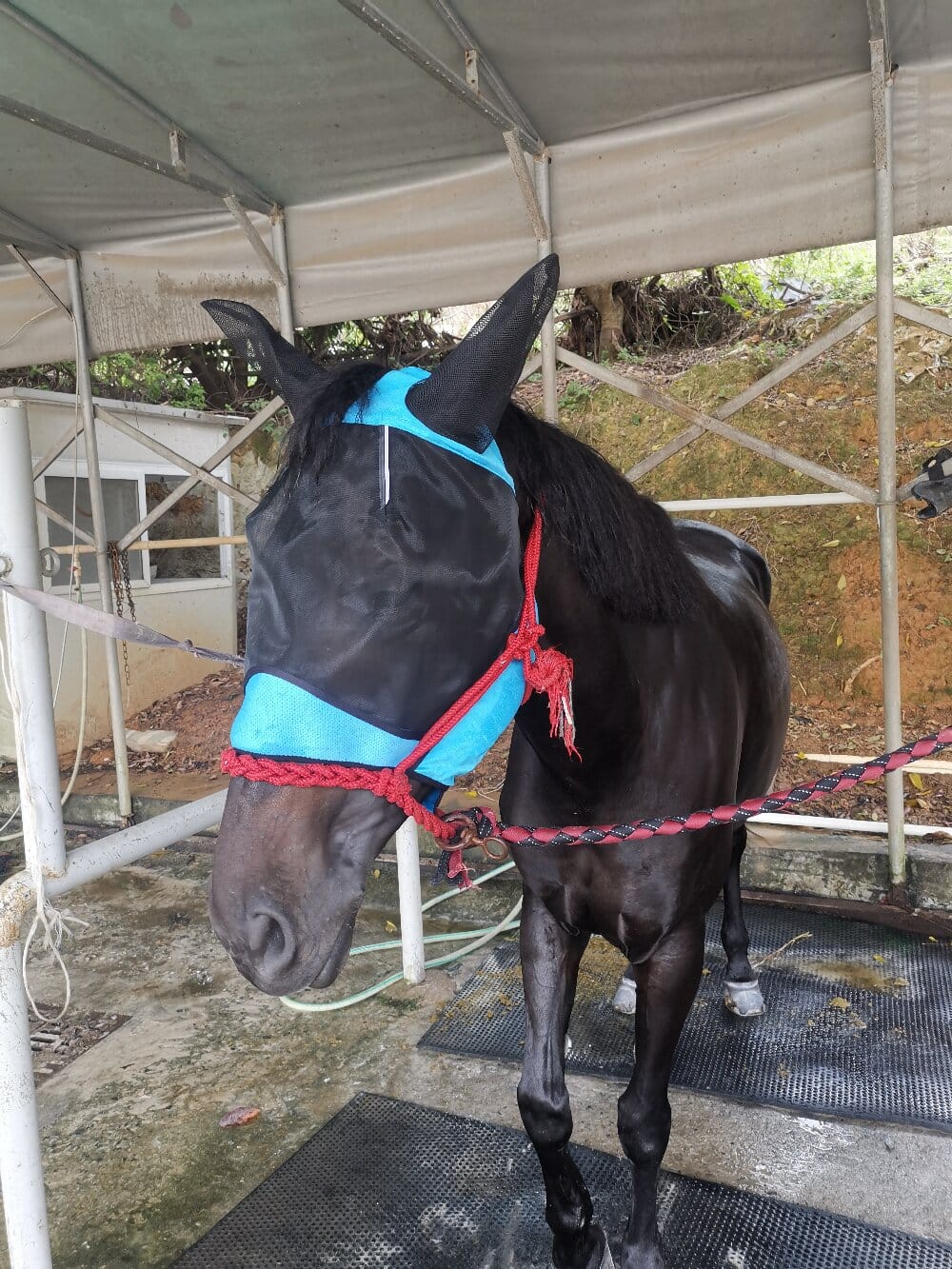A horse fly mask is an essential piece of equestrian gear designed to protect your horse’s eyes and face from irritating insects, UV rays, and debris. Whether you’re a seasoned rider or a first-time horse owner, investing in a high-quality fly mask can make a significant difference in your horse’s comfort and health. In this article, we’ll explore the benefits, types, and practical tips for choosing the right one, all from an experience-sharing perspective.
The Benefits of Using a Horse Fly Mask
Fly masks aren’t just about keeping pests away—they offer multiple advantages that contribute to your horse’s well-being. Here’s why many equestrians swear by them:
- Insect Protection: Flies, mosquitoes, and gnats can cause irritation, infections, and even diseases. A fly mask acts as a barrier.
- UV Protection: Many masks include UV-blocking materials to shield sensitive eyes from harmful sun rays.
- Reduced Stress: Constant swatting at flies can stress your horse, affecting their mood and performance.
- Prevents Eye Injuries: Dust, wind, and debris can scratch the cornea, but a mask minimizes these risks.
Choosing the Right Fly Mask for Your Horse
Not all fly masks are created equal. Here’s what to consider when selecting one:
- Material: Look for breathable, lightweight fabrics like mesh to ensure comfort.
- Fit: A well-fitted mask stays in place without rubbing or restricting movement.
- Coverage: Some masks cover just the eyes, while others extend to the ears and muzzle for full-face protection.
- Durability: Reinforced stitching and high-quality materials ensure longevity.
Personal Experience: Finding the Perfect Fly Mask
When I first started using a horse fly mask, I noticed an immediate improvement in my mare’s demeanor. She was less agitated during rides, and her eyes stayed clear of irritation. After trying a few brands, I settled on a full-coverage mask with UV protection—ideal for sunny trail rides. The key was measuring her face accurately to avoid slippage.
Common Mistakes to Avoid
Even with the best intentions, mistakes happen. Here are a few pitfalls to watch out for:
- Poor Fit: Too tight can cause rubs; too loose may slip off.
- Neglecting Cleaning: Dirty masks can harbor bacteria—rinse them regularly.
- Ignoring Weather Conditions: Some masks aren’t suitable for heavy rain or extreme heat.
Alternative Solutions and Complementary Gear
While fly masks are highly effective, combining them with other products can enhance protection:
- Fly Sprays: A quick spritz can add an extra layer of defense.
- Fly Sheets: These protect the body from insects and sunburn.
- Ear Covers: Ideal for horses sensitive to buzzing noises.
Final Thoughts on Horse Fly Masks
Investing in a horse fly mask is a small step that yields big rewards. From reducing stress to preventing health issues, the benefits are undeniable. By choosing the right fit and maintaining it properly, you’ll ensure your horse stays comfortable in any season. Whether you’re trail riding or keeping your pasture companion happy, a fly mask is a must-have for responsible horse care.

